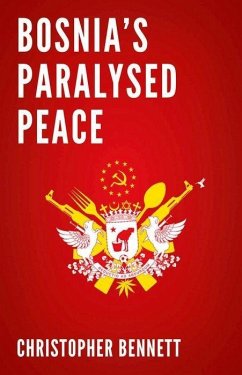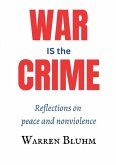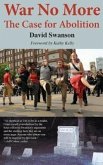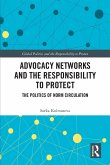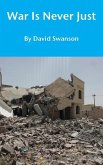The scale of international investment in peace-building in Bosnia has been unprecedented. A plethora of international institutions, including the EU, the IMF, the OHR, the OSCE, the World Bank and the United Nations, as well as many development agencies, set about piecing the country together, a process cushioned by generous flows of aid. However, despite the massive international commitment in time, resources and effort, a decade and a half later Bosnia's peace is at best paralyzed. War remains a risk because of the myriad of unresolved issues, zero-sum politics and incompatible positions of rival ethno-national leaders.
Hinweis: Dieser Artikel kann nur an eine deutsche Lieferadresse ausgeliefert werden.
Hinweis: Dieser Artikel kann nur an eine deutsche Lieferadresse ausgeliefert werden.

